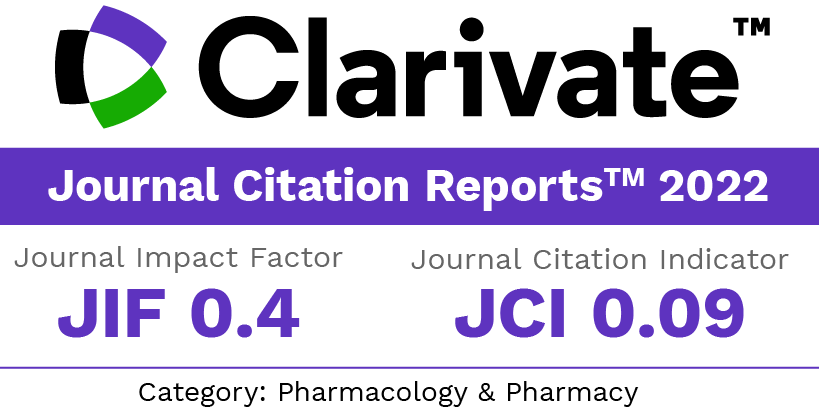Sistemas Estocásticos en las Ciencias Naturales
Palabras clave:
Modelo de espacio de estados, Filtro de Kalman, Filtro extendido, State-space models, Kalman filter, Widespread filterResumen
En este artículo se formulan los modelos de espacio de estados como herramienta matemática para representar la evolución temporal de un fenómeno. El análisis se centra en los modelos lineales, describiéndose un algoritmo, denominado filtro de Kalman, que permite realizar predicciones de forma recursiva a medida que se van procesando nuevas observaciones. Finalmente se aborda el caso no lineal introduciendo un método aproximado de resolución.State-space models as a mathematical tool for representing the time evolution of a phenomenon are formulated in this paper. The analysis is focused on linear models and the Kalman filter as an algorithm to perform forecasting as new observations are recorded is described. Finally, the non-linear case is developed and an approximated method for resolution is introduced.
Descargas
Citas
Bode H.W., Shannon C.E. (1950). A simplified derivation of linear least square smoothing and prediction theory. Proceed. IRE, 38: 417-425.
Brown B.W., Mariano R.S. (1989). Measures of deterministic prediction biass in non-linear models. Internat. Econ. Rev., 30: 667-684.
Carlin B.P., Polson N.G., Stoffer D.S. (1992).A Monte-Carlo approach to nonnormal and nonlinear state space modeling. J. Amer. Statist. Assoc., 87: 493-500.
Cooper D.M. (1982). Adaptative parameter estimation for non-linear hydrological models with general loss functions. J. Hydrol., 58: 29-45.
Geweke J. (1989). Modeling with normal polynomial expansions. In: Barnett et al. (eds) Economic Complexity: Chaos, Sunspots, Bubbles and Nonlinearity, Cambridge University Press.
Guevara M.R., Glass A. (1985). Phase locking, period-doubling bifurcations and irregular dynamics in periodically stimulated cardiac cells. Science, 214: 1350-1353.
Ingram D., Bloch R. (1984). Mathematical Methods in Medicine, Part 1: Statistical and Analytical Techniques. Wiley, Chichester.
Iyer S., Andrews R.L. (1999). Forecasting with latent structure time series models. J. Forecst., 18: 395-409
Kalman R.E. (1960). A new approach to linear filtering and prediction problems. Trans. ASME, J. Basic Engineer., 82D: 35-45
Kalman R.E., Bucy R.S. (1961). New results in linear filtering and prediction theory. Trans. ASME, J. Basic Engineer., 83D: 366-368.
Kolmogorov A.N. (1939). Sur L’interpolation et Extrapolation des Suites Stationaries. C.R. Acad. Sci., vol. 208
Krein M.G. (1945). On a Problem of Extrapolation of A.N. Kolmogorov. Dokl. Akad. Nauk. SSSR, 46: 306-309.
McGarty T.P. (1974). Stochastic Systems and State Estimation. Wiley, New York.
Moore R.J, Weiss G. (1980). Real-time parameter estimation of a non-linear catchment model using extended Kalman filters. In: Wood E.F., Szollosi-Nagy A. (eds) Real-time Forecasting/Control of Water Resource Systems, IIASA Proceeedings, vol. 8, Pergamon, Oxford, pp. 139-151.
Poor H.V. (1994). An Introduction to Signal Detection and Estimation. Springer-Verlag, New York. Ruiz-Fuentes N. (1999). Predicción en Sistemas Estocásticos no Lineales. Tesis Doctoral, Universidad de Granada.
Ruiz-Molina J.C., Valderrama M.J. (1994). A state-space stochastic model for hydrological data. . In: Gutiérrez R., Valderrama M.J. (eds) Selected Topics on Stochastic Modelling, World Scientific, Singapore, pp. 153-163.
Ruiz-Molina J.C., Valderrama M.J., Gutiérrez R. (1995). Kalman filtering on approximate state-space models. J. Optim. Theory and Appl., 84: 415-431.
Ruiz-Molina J.C., Valderrama M.J. (1996). On the derivation of a suboptimal filter for signal estimation. Statist. Probab. Letters, 28: 239-243
Swerling P. (1959). First-order error propagation in a stagewise smoothing procedure for satellite observations. J. Astronaut. Sci., 6: 46-52.
Tanizaki H. (1993). Nonlinear Filters. Lectures Notes in Economics and Mathematical Systems, Springer-Verlag, Berlin. Valderrama M.J., Ruiz-Molina J.C. (1996). Filtrado de Kalman. Aplicaciones en Economía e Ingeniería. EUB, Barcelona.
Visser H., Molenaar J. (1995). Trend estimation and regression analysis in climatological time series: An application of structural time series models and the Kalman filter. J. Climate, 8: 969-979.
Wiener N. (1942). The Extrapolation, Interpolation and Smoothing of Stationary Time Series with Engineering Applications. Wiley, New York.
Zadeh L.A., Ragazzini J.R. (1959). An extension of Wiener’s theory of prediction. J. Appl. Phys., 21: 645-655.
Zeger S.L., Karim M.R. (1991). Generalized linear models with random effects: A Gibbs sampling approach. J. Amer. Stat. Associat., 86: 79-86.
Descargas
Publicado
Cómo citar
Número
Sección
Licencia
Los artículos que se publican en esta revista están sujetos a los siguientes términos en relación a los derechos patrimoniales o de explotación:
- Los autores/as conservarán sus derechos de autor y garantizarán a la revista el derecho de primera publicación de su obra, la cual se distribuirá con una licencia Creative Commons BY-NC-SA 4.0 que permite a terceros reutilizar la obra siempre que se indique su autor, se cite la fuente original y no se haga un uso comercial de la misma.
- Los autores/as podrán adoptar otros acuerdos de licencia no exclusiva de distribución de la versión de la obra publicada (p. ej.: depositarla en un archivo telemático institucional o publicarla en un volumen monográfico) siempre que se indique la fuente original de su publicación.
- Se permite y recomienda a los autores/as difundir su obra a través de Internet (p. ej.: en repositorios institucionales o en su página web) antes y durante el proceso de envío, lo cual puede producir intercambios interesantes y aumentar las citas de la obra publicada. (Véase El efecto del acceso abierto).



















